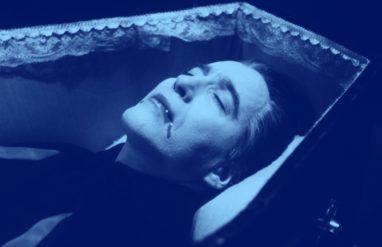Quixotic
Sometimes a character from a book is so memorable and specific that his or her name finds its way into the English lexicon with a range of uses and applications that extend far beyond its story of origin. Quixotic is one of those terms. It comes from Don Quixote, the protagonist of Miguel de Cervantes’s masterpiece of the same name about a delusional would-be knight-errant who roams the countryside in search of adventure. Alluding to Quixote’s defining qualities, the adjective quixotic means “extravagantly chivalrous or romantic,” also “impulsive and often rashly unpredictable.”




















